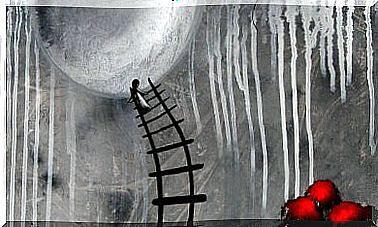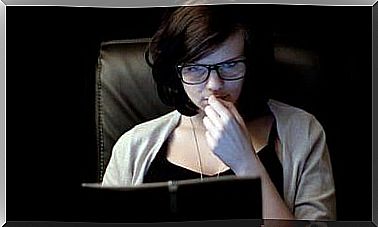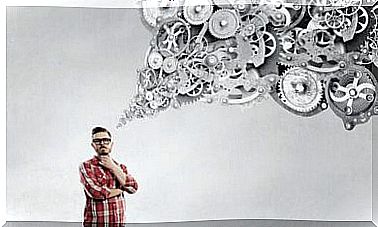How Does Fear Of Decision Affect Us?
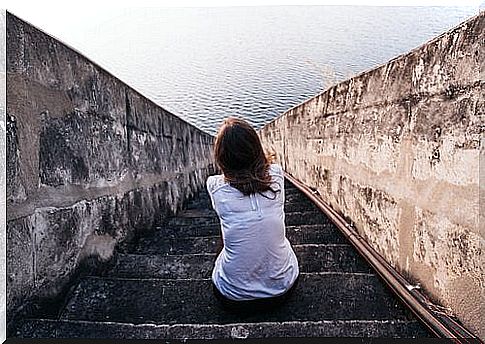
Few fears are as pervasive and as shared as the fear of decision. Deciding is a task in which we are supposed to be experts: we decide every day and every moment. However, sometimes we feel stuck and don’t know which option to choose.
The inability to make a decision can be experienced by people from different cultures, professions, education level or socioeconomic status. We live in a society full of information and knowledge, which makes it available to us and allows a wide variety of options for (almost) everything.
On the other hand, we can think, right away, that having different sources of information and options could facilitate decision making. However, it is often the fact of having so many options that makes the task of deciding so difficult and leads to blockage.
One of the most frequent causes of this blockage, if not the main one, in decision making is an emotion: the fear of deciding. We may feel blocked, for example, in the face of doubts about whether or not to continue the love relationship, change profession or job, have children, choose a profession, etc.
Faced with important situations in our lives or decisions that are not reversible, the fear of deciding can be very powerful. It can lead us to postpone the decision, with the incubation of the discomfort that this implies. That is, if I don’t know what to do or which way to go, I leave the decision for later. We can do this with the hope that new information will appear that will give us security or that it will be the passage of time that seals some of the options that block us the most. As we see, the fear of deciding greatly influences our lives.
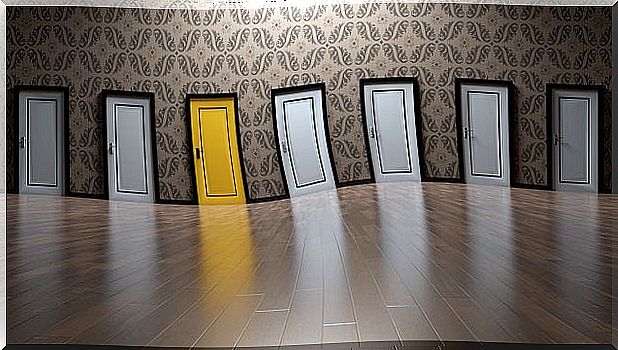
The fear of making a wrong decision
We can say that this fear is the most frequent. The more important the decision, the greater the fear of making a mistake tends to be. We speak of a fear that has a very important adaptive function: acting cautiously and protecting yourself and others. We saw a great precipice and made up our minds.
The fear of making mistakes is a type of fear related to the responsibility we have for a choice. It makes us reflect and analyze the possible options before making a decision. It is a fear that is very present in situations that imply a change that is difficult or impossible to reverse, and whose consequences will be important.
Some people may also feel a strong fear of deciding in situations that are reversible and have low or medium importance, and even reach a high level of anxiety. They are usually very rational people who only follow the guidelines of their intuition in very few cases.
The consequences of fear of decision
Being afraid of not choosing the right path can make us powerless. It can lead to a state of sustained indecision, prolonged reaction times, and an exhaustive search for outside information as to which decision is best made.
One of the main consequences of the fear of making mistakes is the search for information or a definitive conclusion. That is, we live in the false belief that by thinking we will reach a safe and sure conclusion that will put an end to the risk of stepping on the ball.
An intense fear of making mistakes can cause what in psychology is called “pathological doubt.” Pathological doubt is characterized by an obsessive search for absolute certainty, which is reinforced by a mental compulsion that expresses itself through the constant thinking of doubts.
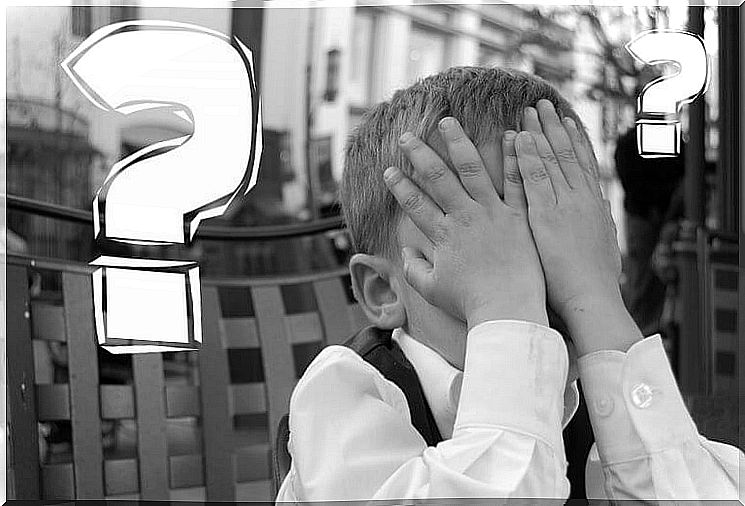
The fear of not measuring up
In this case, we refer to situations where the person knows what decision they want to make, but does not know if they will be able to deal with the effects or consequences of that decision. For example, a person who has to decide whether or not to make a presentation at a conference may end up declining the invitation out of fear of not living up to other presenters, others’ expectations, or their own.
The fear of not measuring up can lead us to avoid roles of responsibility, focus on making minor decisions, and delegating to others those decisions that matter most or carry the most weight. The problems that this fear produces are usually related to the feeling of low self-worth or low self-esteem.
Furthermore, the fear of not measuring up can cause us to pass up opportunities because we feel we are not sufficiently prepared for the demands of the situation. We speak of a fear that keeps us within our comfort zone and limits our personal growth. Therefore, an effective way to overcome the fear of not measuring up is to work on improving your self-esteem.
The fear of not having control or losing it
This fear appears in those people with a high need for control. If a person with a high need for control realizes that not everything the decision entails is under their control, the decision-making process stalls. For example, many people end up rejecting work that involves group projects for this reason.
Managing the need to control everything or relating to a control fanatic can be quite a stressful challenge as it is such a powerful need. In extreme cases, the need for control is seen in people with Obsessive-Compulsive Personality Disorder.
How to identify the fear of losing control?
The fear of not having control in your hands or of losing it can be observed both during the decision-making process and when facing the consequences. The effects of this fear during the decision-making process are usually:
- One needs to review all available information before deciding.
- It takes indefinite time to think about the decision.
- The pros and cons of the possible options are analyzed several times.
We can also observe the fear of losing control when the decision implies a change in the person’s ability to control. That is, we control decision making, but the option we want to choose involves giving up some of our own control. Proposing to yourself not to control the outcomes of some events can be a good way to start to lose this fear.
Fear of social rejection
Feeling wanted, respected and accepted is one of the basic human needs. The fear of social rejection is very common in situations where a decision has to be made and all possible options are, in a way, harmful.
We refer to situations in which choosing an option inevitably leads to neglecting part of one’s own needs or the needs of others. For example, situations where we are in a position to arbitrate a confrontation and need to make a decision for or against one of the parties involved.

Problems that the fear of social rejection causes
Fear of social rejection creates different problems, such as decision making based on the approval of others rather than personal needs. Instead of choosing what would make us happiest or most beneficial, when we are afraid of social rejection, we choose what others would like or that projects a better image of ourselves.
To work with the fear of social rejection it is possible to use Third Generation Therapy techniques, such as Acceptance and Commitment Therapy. These techniques guide the person to accept certain aspects of their life and thoughts that they cannot change and help them to make decisions according to their personal values and needs.
Remember that decision making is a task you cannot resign or delegate. They are your helm and the ones who will decide your future and make you responsible for it. In case any of the fears we’ve described are paralyzing you, you can always consult a professional for help.

